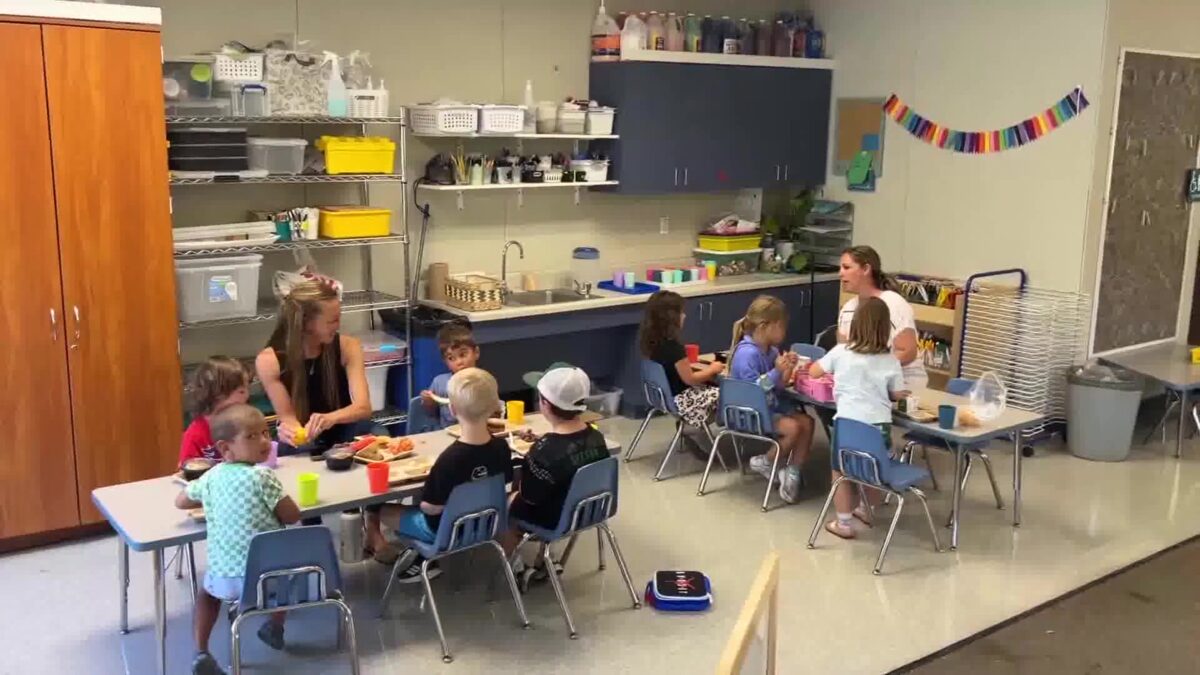Transitional Kindergarten at Rural Schools in San Luis Obispo Don’t Qualify for State Funding

Jarrod Zinn
SAN LUIS OBISPO, Calif. – Governor Newsom’s Universal TK—or, Transitional Kindergarten—program may not be having the universal reach he intended.
Not all schools who teach Transitional Kindergarten are receiving this mandated state funding.
During the 2022-2023 school year, Governor Newsom’s statewide Universal TK program began its roll-out, providing additional state funding to schools with TK classes who met specific thresholds.
The goal for California’s Universal TK program was for full implementation by this year, but programs such as C.L. Smith Elementary School’s TK classes, which got their start before governor Newsom began the state program, unfortunately do not meet the specific requirements.
“With the new Universal TK plan, it included all four year olds, regardless of what date their birthday year was,” says Lisa Yamashita, assistant superintendent of educational services for San Luis Coastal Unified School District. “So we started with only six preschools across our system that turned into TKs. Now we have 16 different classrooms because that many more children are age eligible for the program.”
Assemblywoman Dawn Addis of San Luis Obispo county introduced legislation earlier this year to combat the issue and ensure universal TK funding for all schools in the state, a bill that at last report has stalled.
“TK is actually a money saver as well as good for kids and good for California,” says Assemblywoman Dawn Addis. “However, what we discovered is that we don’t actually universally fund a universal program.”
According to San Luis Coastal Unified School District, this is not localized to SLO county, and schools in Santa Barbara county and several more counties throughout the state are facing deficits as well as additional cuts necessary to compensate and continue to teach TK.
“Last school year, we reduced our staffing and saved on some other budgetary items about $4 million in our spending,” says Yamashita. “As we come into this next school year, we’re looking to cut about another $5 million in staffing and expenses to accommodate the additional program.”
Small, rural schools that are part of Basic Aid districts, paid for primarily by property taxes, do not get state funding.
San Luis Coastal is one such district.
While Assemblywoman Addis’s bill was not able to pass the Appropriations Committee, she says she has not given up the fight, and will introduce legislation again next year.
The Latest Breaking News, Weather Alerts, Sports and More Anytime On Our Mobile Apps. Keep Up With the Latest Articles by Signing Up for the News Channel 3-12 Newsletter.